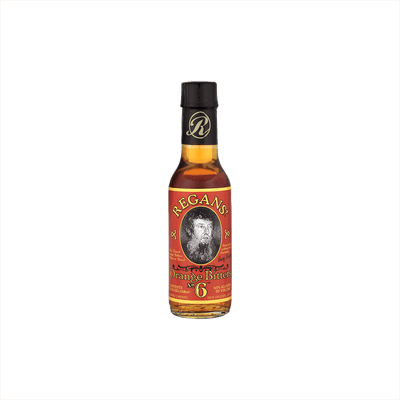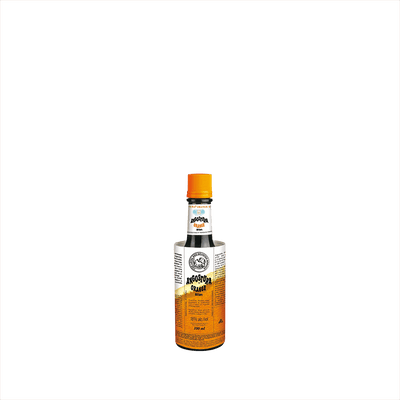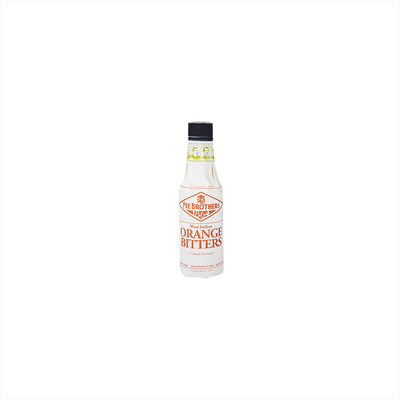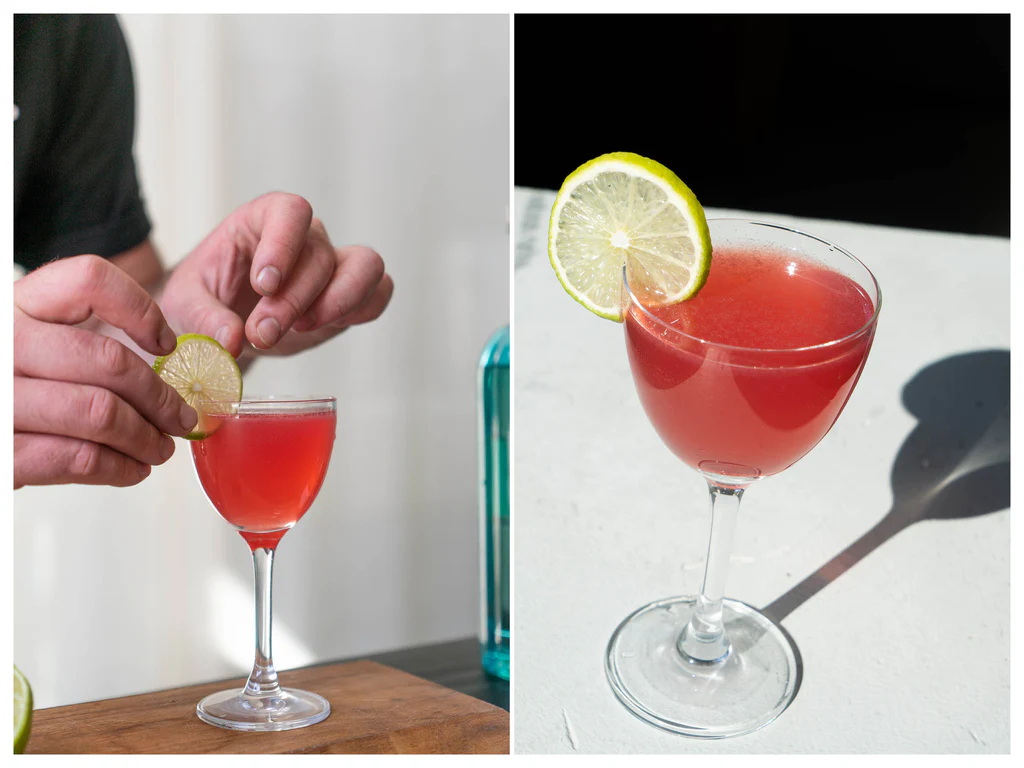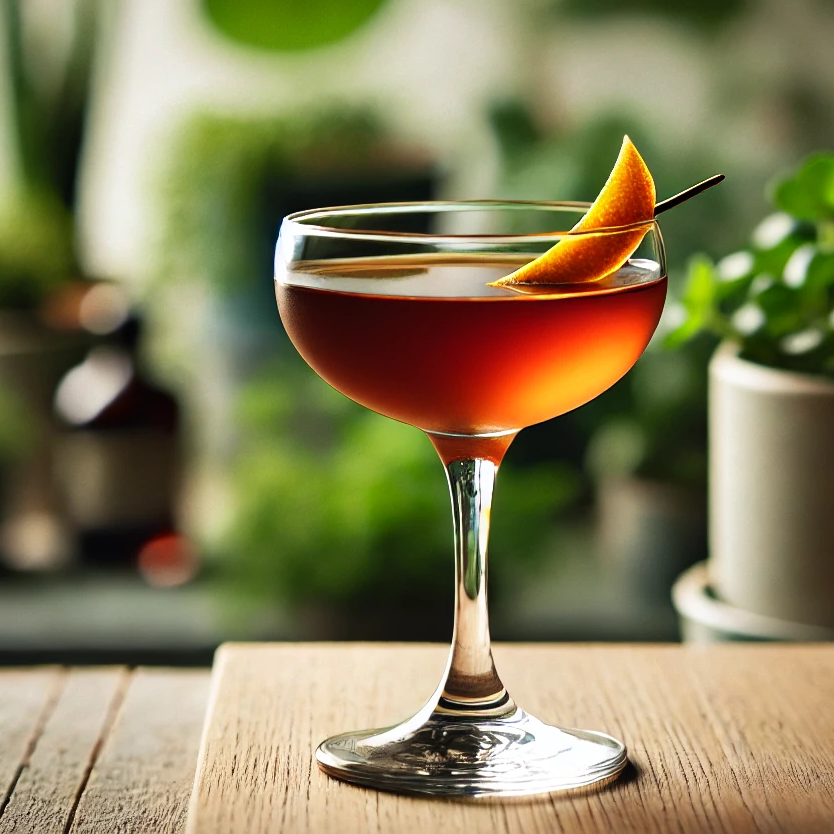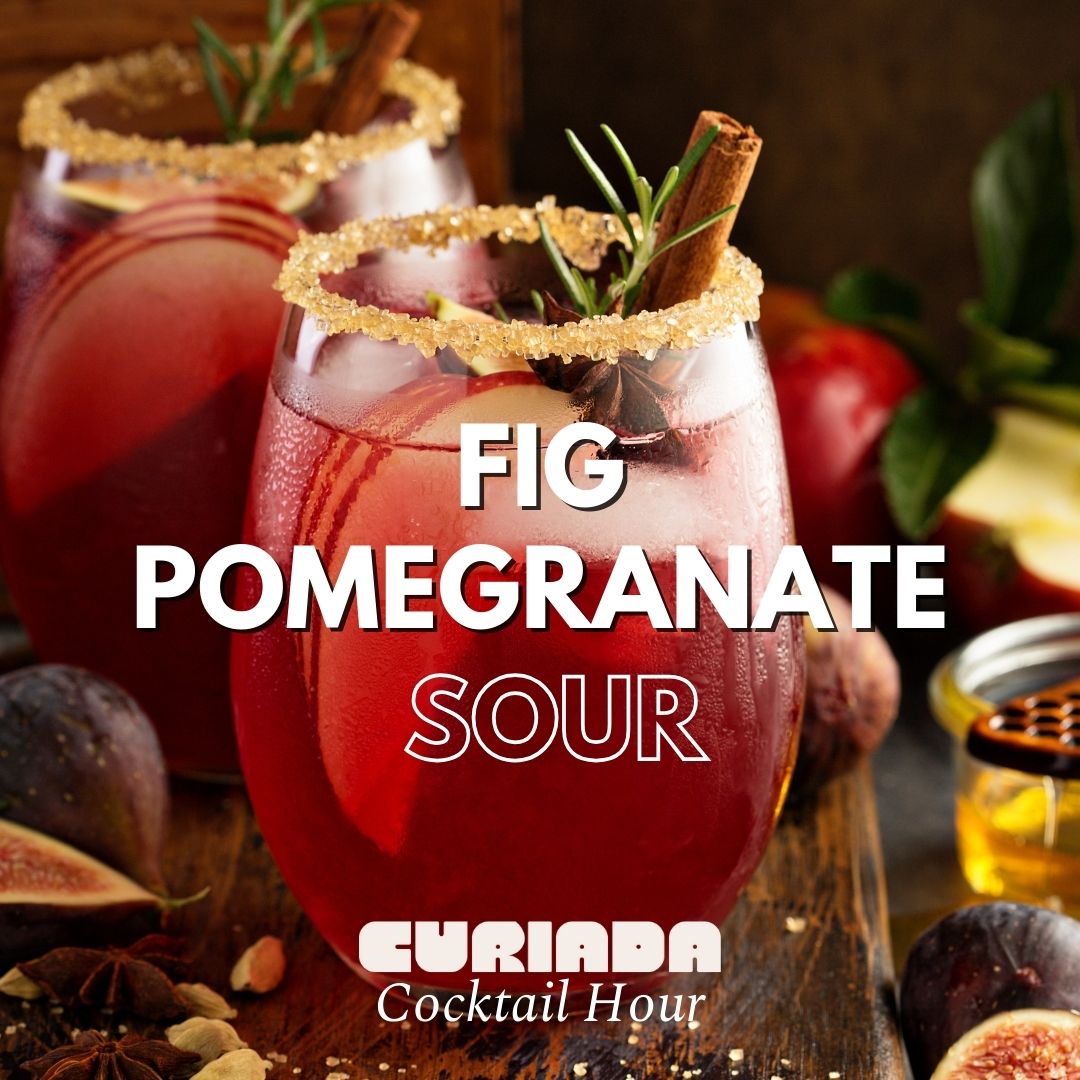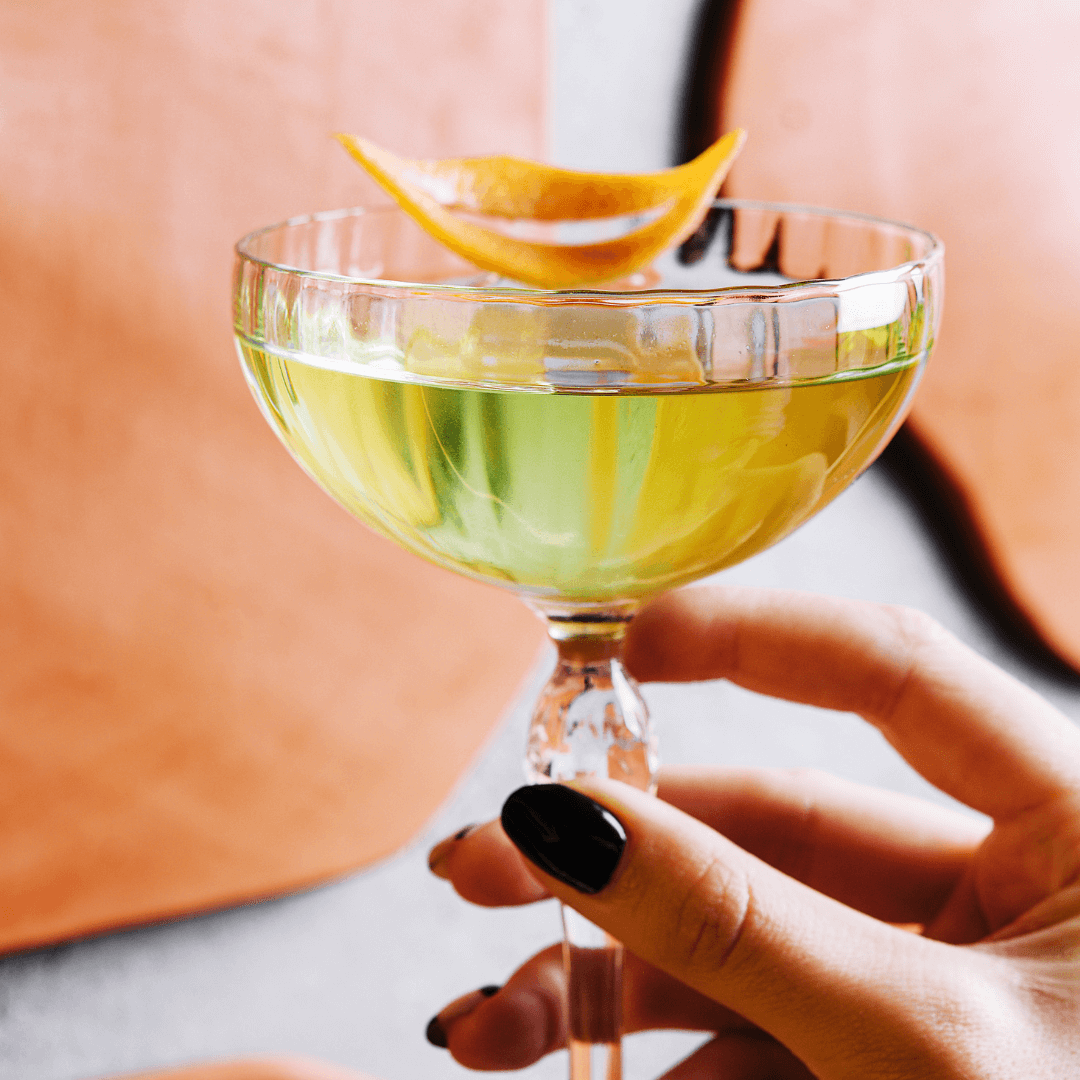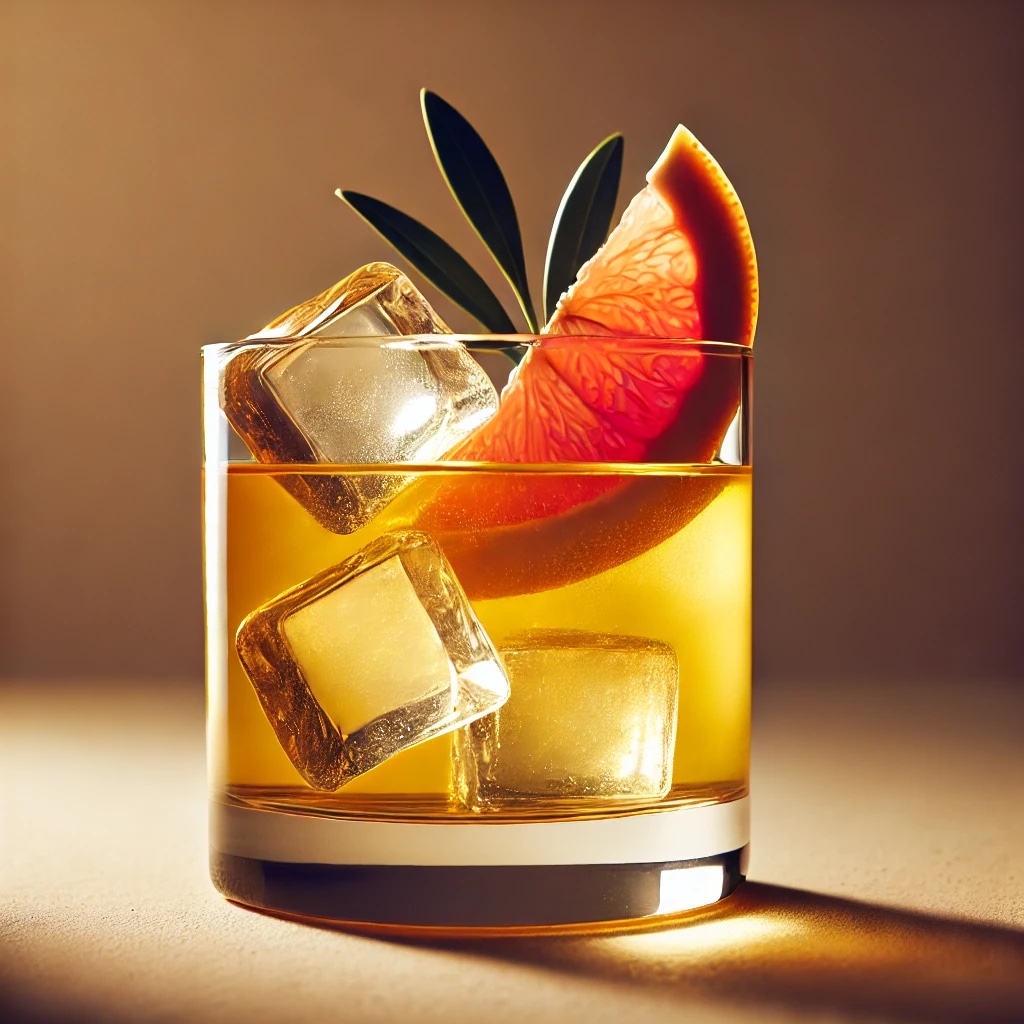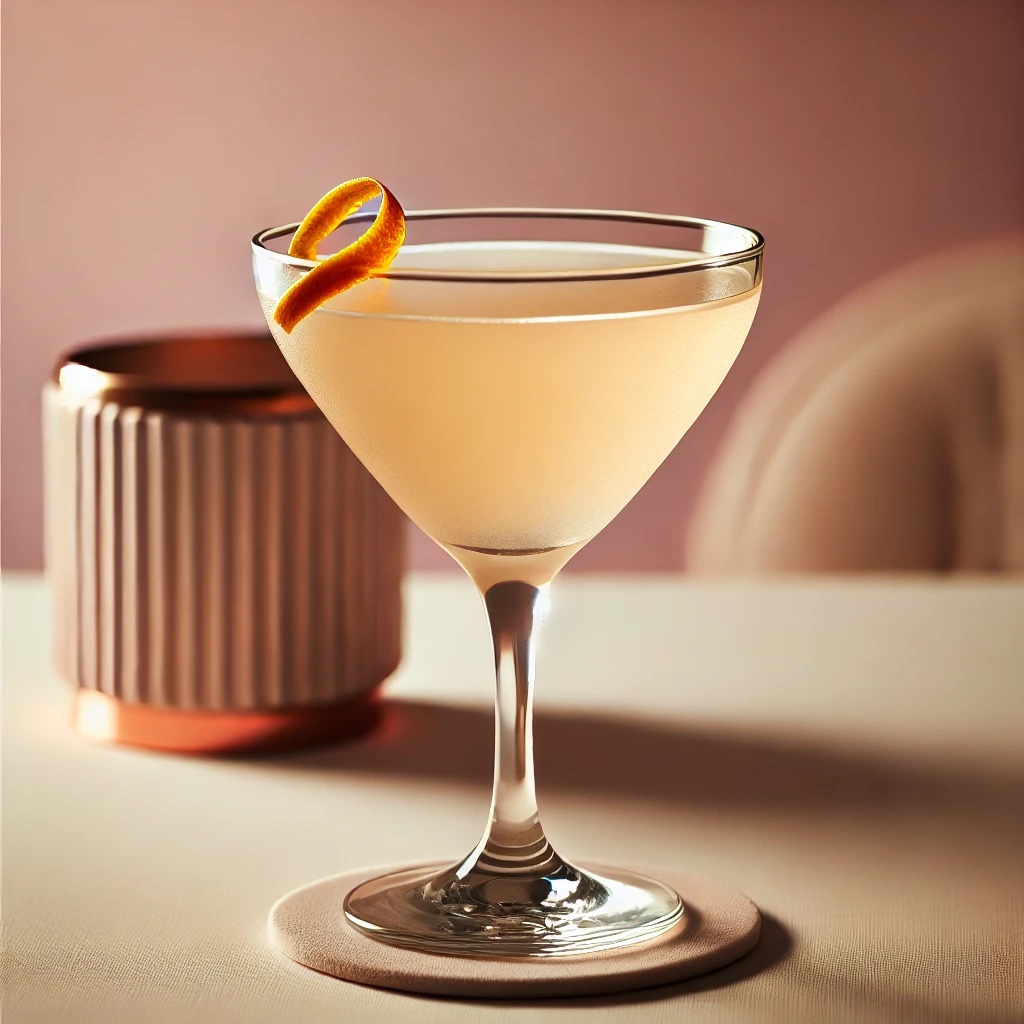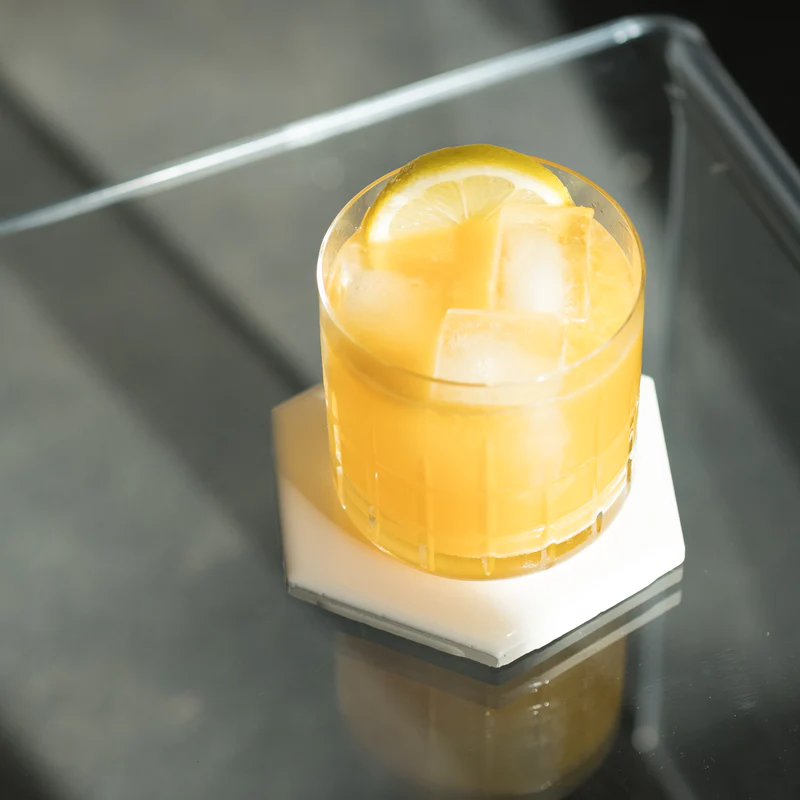
The Right Stuff
Ingredients:
-
1.5 oz rye whiskey, like High West Double Rye!
-
.5 oz St-Germain Elderflower Liqueur
-
.5 oz Liber &.Co. Tropical Passionfruit Syrup
-
.5 oz freshly squeezed lemon juice
-
2 dashes orange bitters, like Regans’
Directions:
- Add all ingredients to a cocktail shaker with ice.
- Shake for 10 seconds.
- Strain over ice into a rocks glass.
- Garnish with a lemon wheel.

